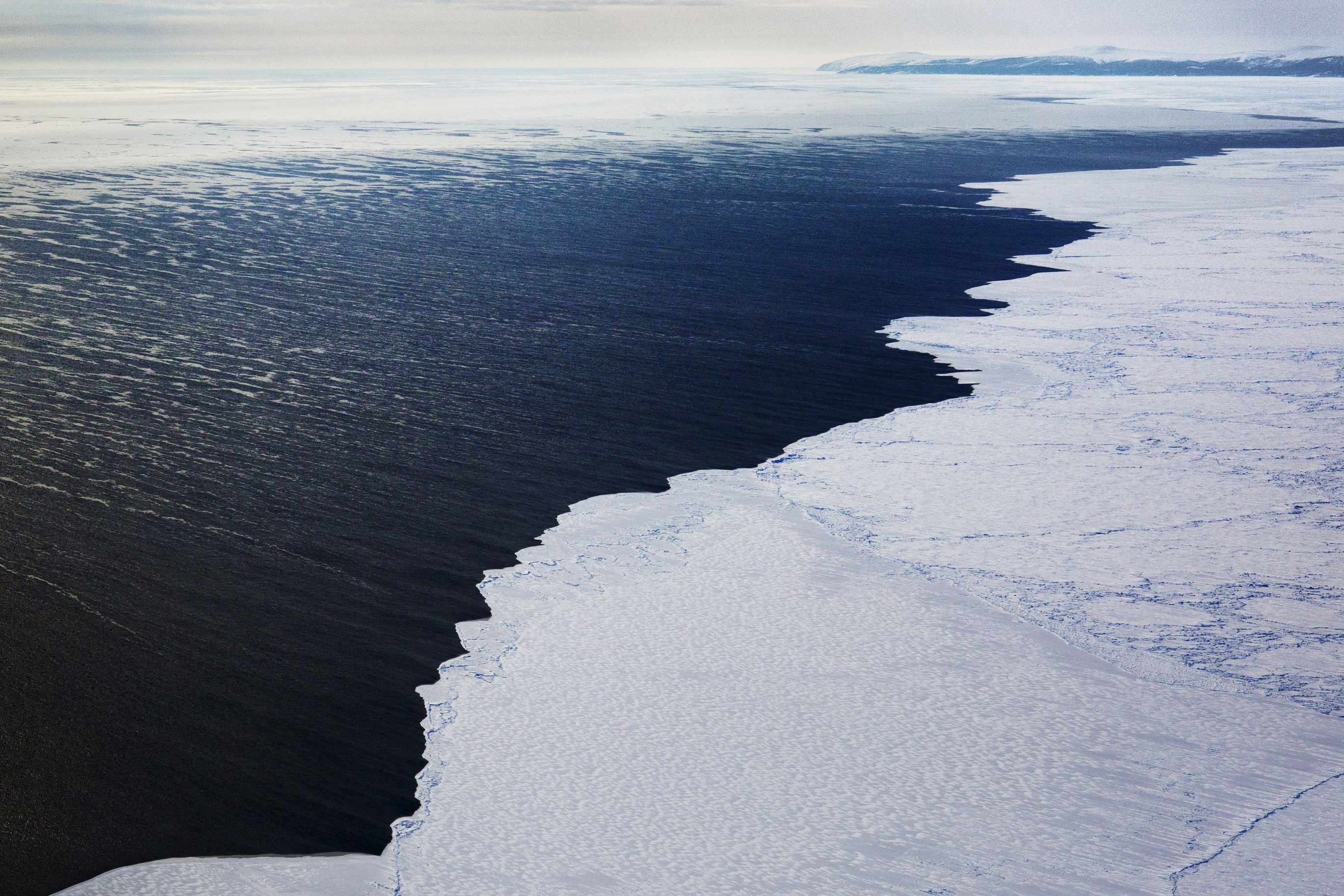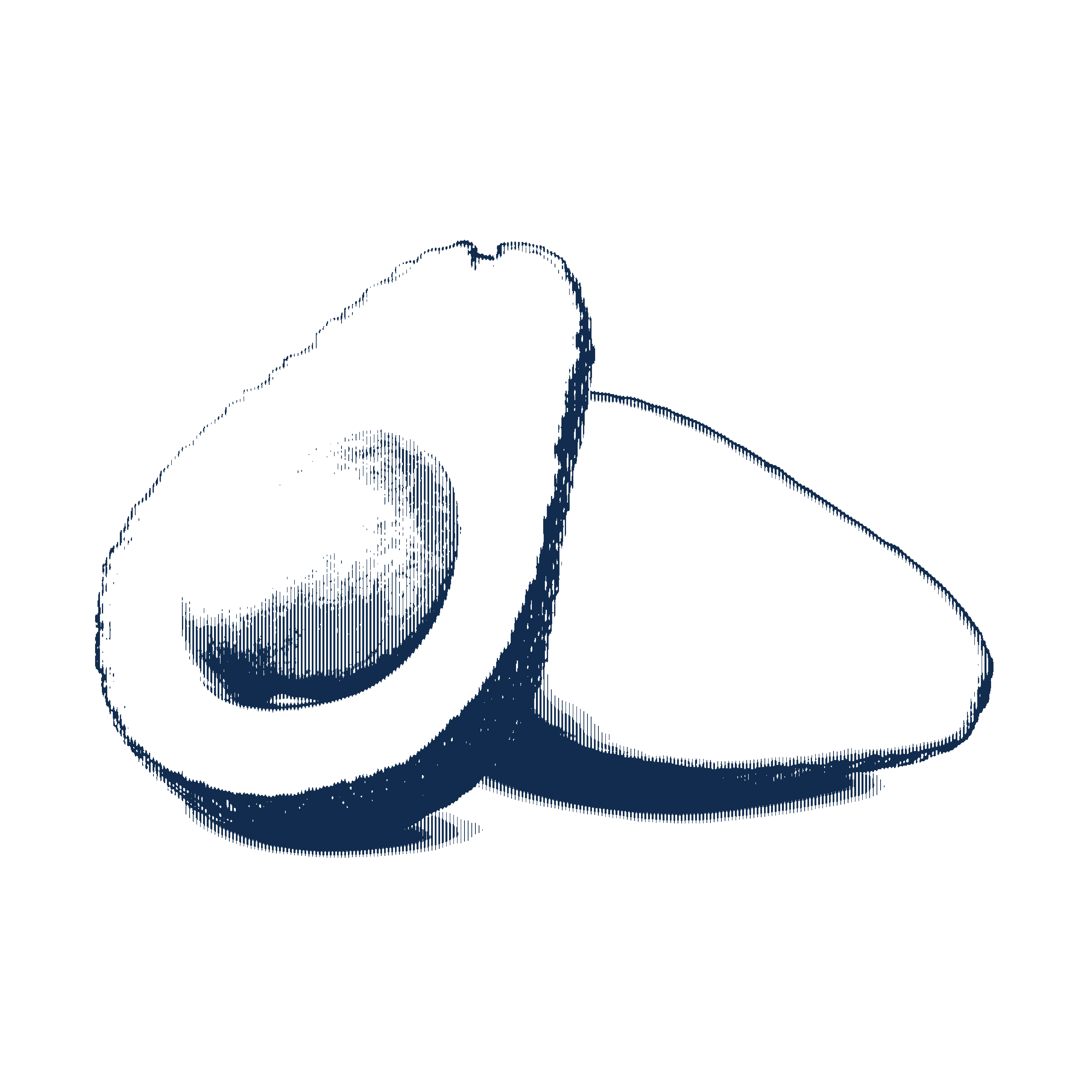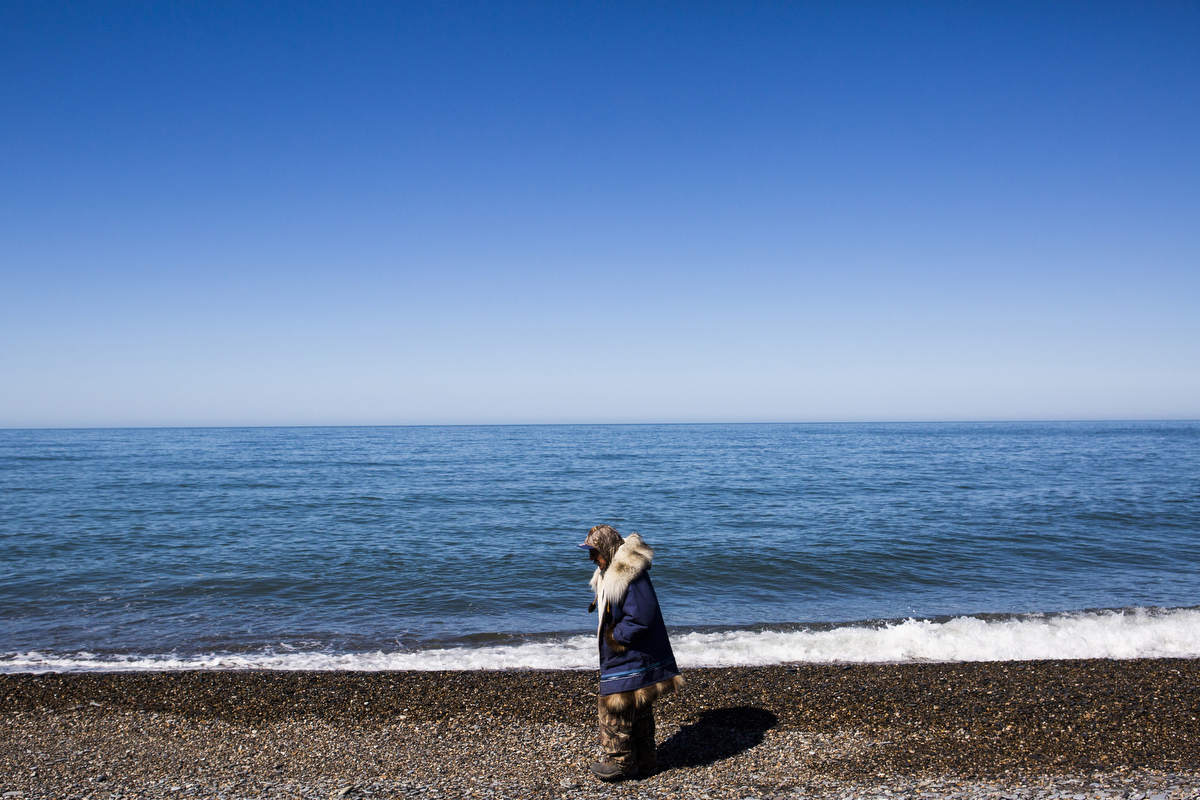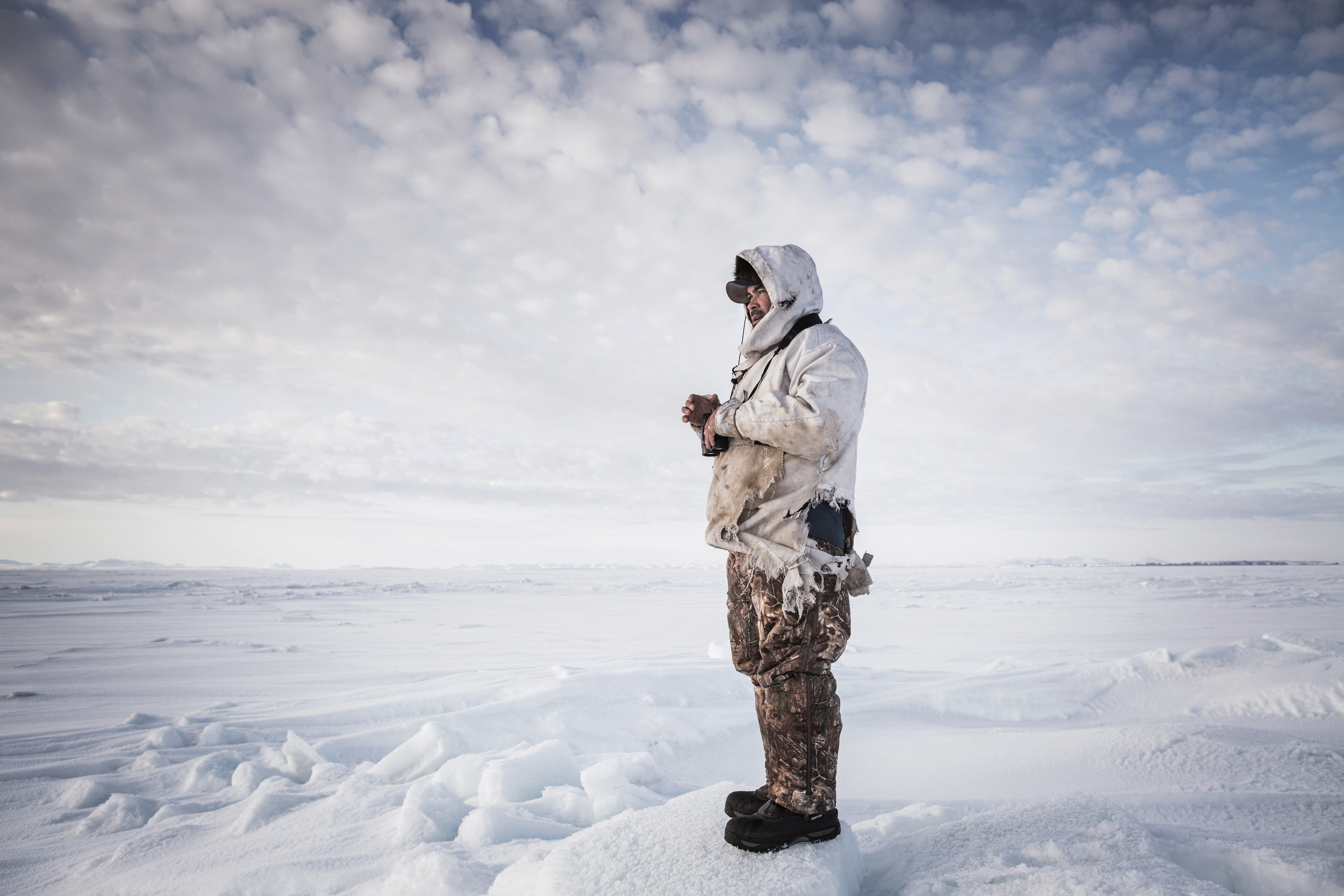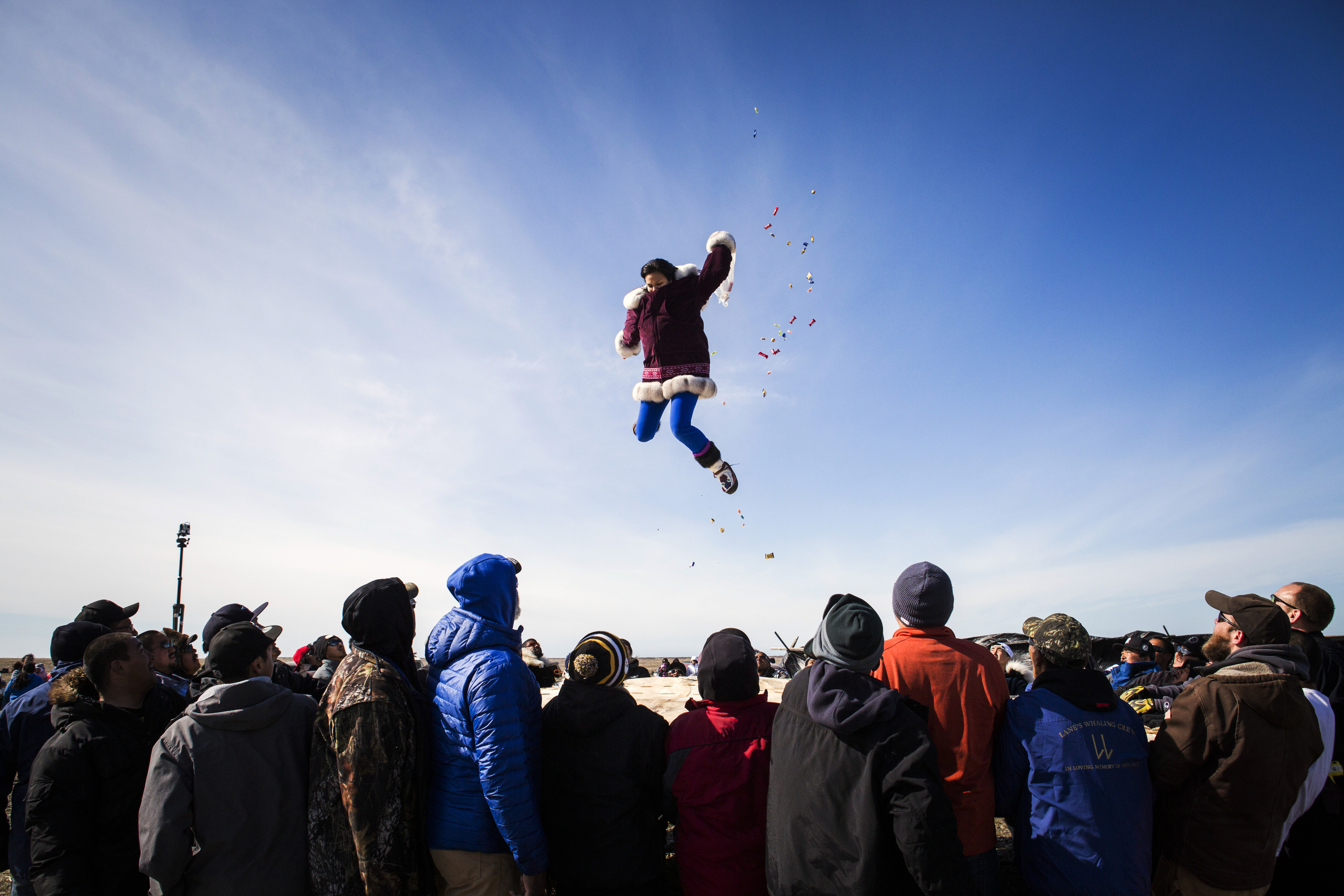
What happens when whale meat starts to spoil? Julia O'Malley, a reporter based in Anchorage, Alaska, discusses how climate change is challenging Native communities across rural Alaska where hunting, fishing and foraging for food anchor cultures and economies. Julia and photographer Katie Orlinsky look at the consequences of both a shorter hunting season and a diminished ice quality.


